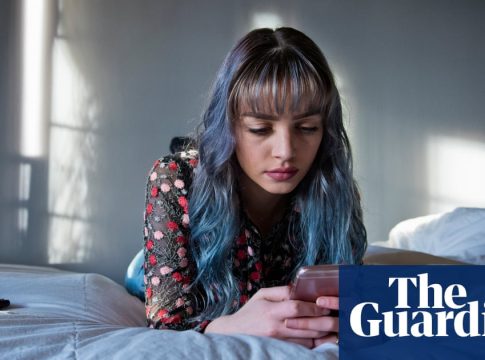The Impact of Social Media on Teen Mental Health: A Balanced Perspective
Understanding Social Media Use Among Teens
In today’s digital age, social media is a staple in the lives of adolescents. A recent survey from Mission Australia, encompassing over 17,000 young people aged 15 to 19, sheds light on how time spent on these platforms affects their mental well-being. Interestingly, the findings suggest that moderation rather than restriction may hold the key to positive mental health outcomes.
The Survey Results: A Closer Look
The survey revealed that a staggering 97% of respondents use social media daily. Usage patterns varied, with 38% spending over three hours connected and 53% spending between one and three hours. Alarmingly, those in the high-use category reported poorer mental health, including feelings of loneliness and lack of control over their lives.
In contrast, teenagers who used social media for one to three hours a day showed more positive indicators. For instance:
- 61% felt in control of their lives.
- They were just as likely to seek support from family as low users (63% vs. 52%).
- They experienced fewer social challenges (26% reported having difficulty socializing compared to 28% of low users).
These findings suggest that spending a moderate amount of time on social media may be beneficial or at least not detrimental for teens—challenging the prevailing notion that all social media use is harmful.
Recognizing the Need for Balance
Dr. Louise La Sala, the lead author of the survey, emphasizes that social media can be a source of connection and support, especially for gender-diverse teens. However, the relationship between social media use and mental health is complex. It is essential to consider whether increased online activity is a coping mechanism for those feeling distressed or an exacerbating factor.
Key Takeaways for Parents and Teens
-
Encourage Moderation: Strive for a balanced approach to social media use. Aim for one to three hours daily, as this appears to support better mental health outcomes.
-
Engage in Offline Activities: Foster interests outside of social media. Activities like sports, arts, or community service can provide avenues for connection and fulfillment.
- Seek Support: Encourage open conversations about feelings and experiences with social media. Discussing challenges openly can help teens feel understood and less isolated.
The Road Ahead: Proposed Social Media Ban
With a ban on social media for those under 16 coming into effect later this year in Australia, the conversation continues around how to provide a safe online environment for young users. While these measures aim to protect youth, experts advocate for equipping younger teens (aged 14 and 15) with digital literacy skills. This empowers them to navigate social media safely when they eventually join.
Conclusion: Continuing the Conversation
As society grapples with the implications of social media, it’s essential to remember that not all usage is inherently harmful. The conversation around youth and technology is ongoing. Whether you are a parent, educator, or a teen navigating this landscape, fostering healthy, balanced interactions with social media can lead to positive mental health outcomes.
In fostering understanding and compassion, we can empower our teens to use social media in ways that enhance their lives rather than hinder their well-being.

Covers wellness, nutrition, mental health, and daily life tips.
Bio: Talia brings a background in health journalism and holistic living to help readers live better, one tip at a time.

